Sharpstown Resources for Hard Times: Christian Community Service Center
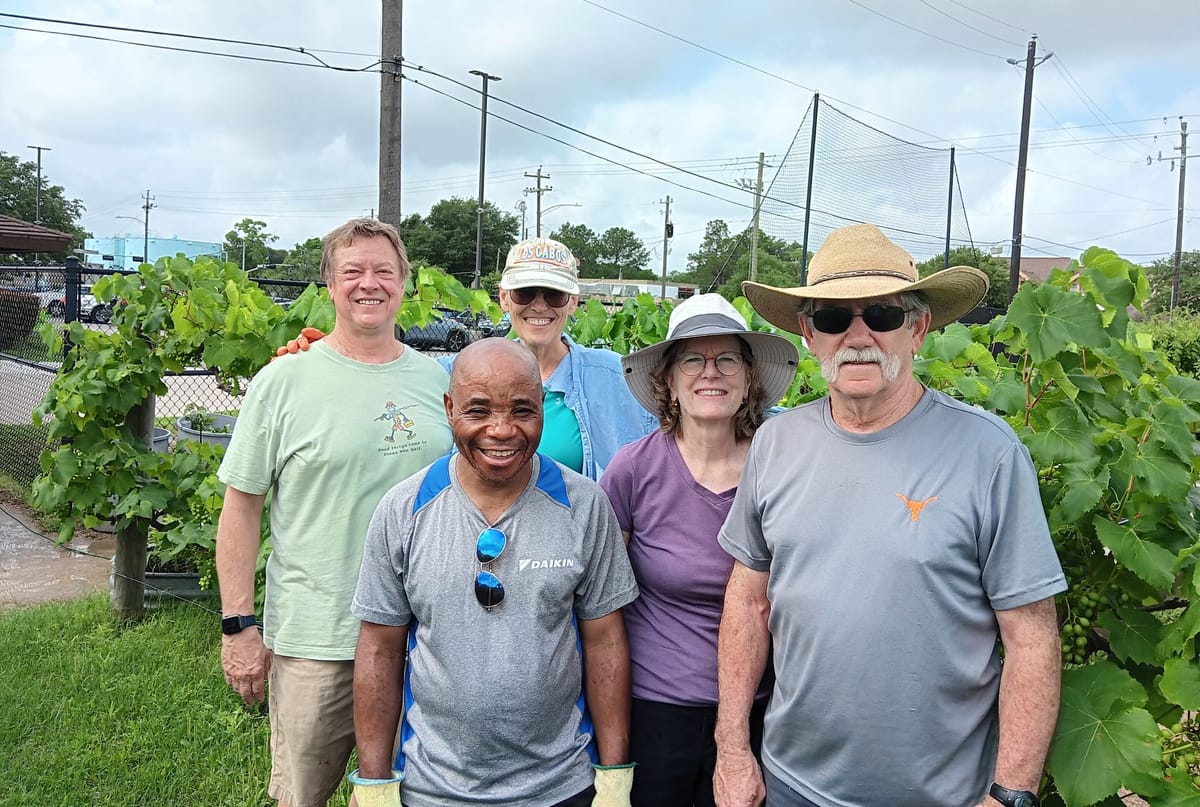
Tyla Redding was “falling down on hard times” for the first time, she said. Sporting a black shirt and purse, she sat in a wide room at Christian Community Service Center’s Emergency Services-Southwest location in Sharpstown. She was waiting for her appointment at the interview table across the room, where an employee sat working with another client.
Redding moved to the Galleria area from California two years ago because of Houston’s affordability. But after she was placed on a temporary leave from her job, funds started running out—even though she downsized to a smaller apartment unit to make rent more affordable. Now, she was just getting back to work. Until steady paychecks started coming, she needed help making ends meet. When she Googled “Houston rent assistance,” she found CCSC.
Since 1980, the nonprofit has helped Houstonians like Redding, many of whom are normally self-sufficient but need a hand up to get back on their feet.
CCSC seeks to help “elderly people, the disabled, the working poor, and marginally homeless,” says CEO Michelle Shonbeck. She distinguishes that last group from the “chronically homeless,” those who have been homeless for at least a year. Since the chronically homeless often deal with a wider variety of underlying issues, CCSC, after helping them with food, refers them to other organizations that are “laser-focused” on serving the homeless.
Instead of lifting the chronically homeless off the streets, CCSC focuses on serving people who are living on the edge, says Shonbeck—people like workers who are one paycheck away from being homeless, two families sharing a one-bedroom apartment, or people with such a tightrope budget that if they have to pay to fix a flat, they may not be able to afford groceries that week.
CCSC offers those people limited, short-term assistance with rent, food, and utility bills, but also workforce development classes so they can build better lives in the long term.
“Every nonprofit has limited dollars,” says Shonbeck. “We’re aiming to help a client undergoing a one-time crisis.”
CCSC has two locations—a main office near Greenway Plaza, 3434 Branard St, and a satellite office in Sharpstown on the campus of St. Luke’s United Methodist Church Gethsemane at 6856 Bellaire. CCSC offers services including two food pantries, a clothing pantry, and rent and utility bill assistance for people living in its 29 ZIP code area (including 77036 and 77074). The main office also offers JobNet—skill-boosting classes for Houston-area job seekers—with no ZIP restrictions.
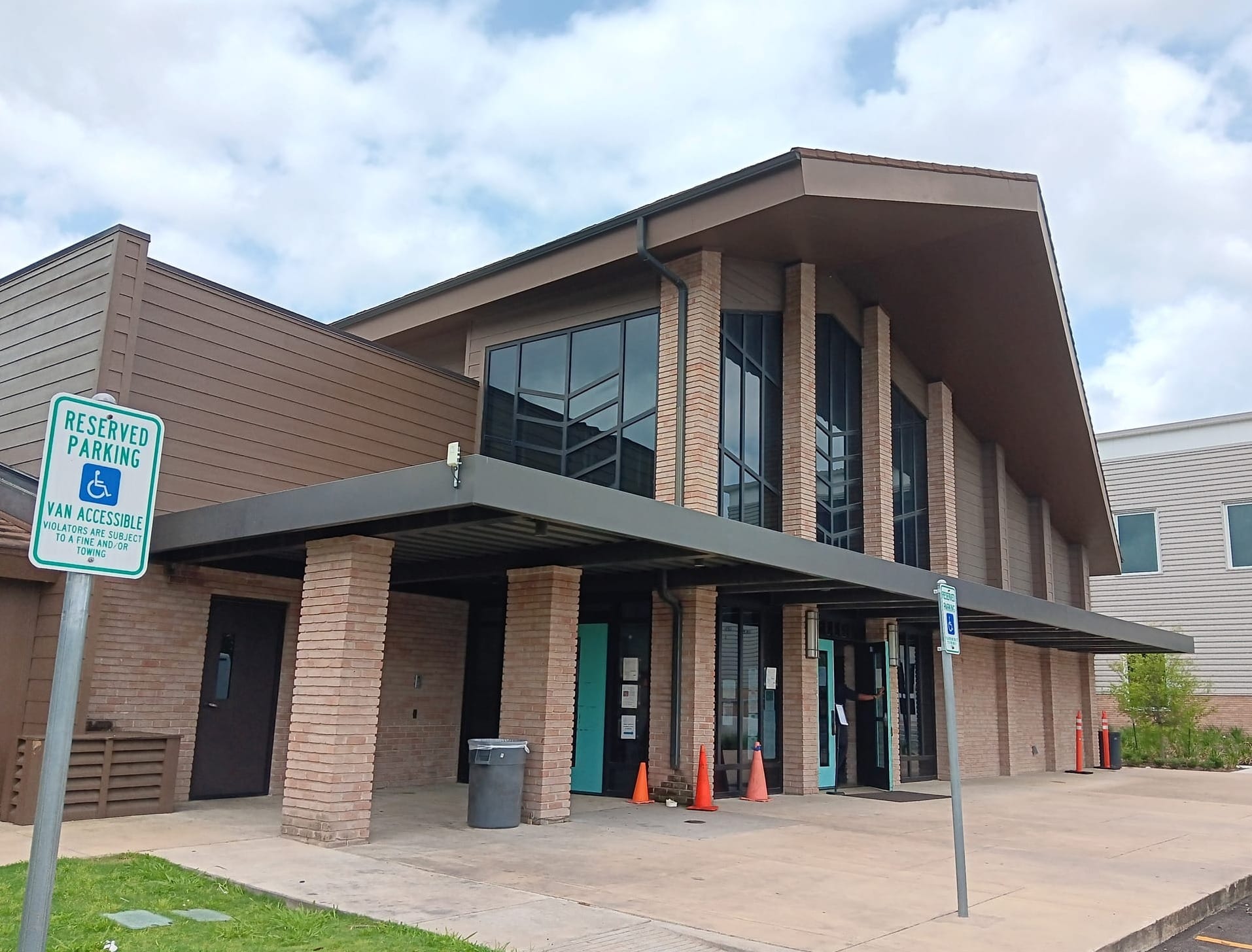
Run by an army of volunteers and supported by forty Houston-area churches, CCSC is a local resource for individuals and families facing short-term material difficulties. Here’s how it works.
Emergency Services
The Interview
At CCSC Emergency Services-Southwest in Sharpstown, around a dozen men, women, and children lined up outside the door at 10:00 AM on May 6, waiting for the center to open.
Normally, the emergency relief services at CCSC can only serve about thirty families daily at each location, so it’s a good idea to arrive early.
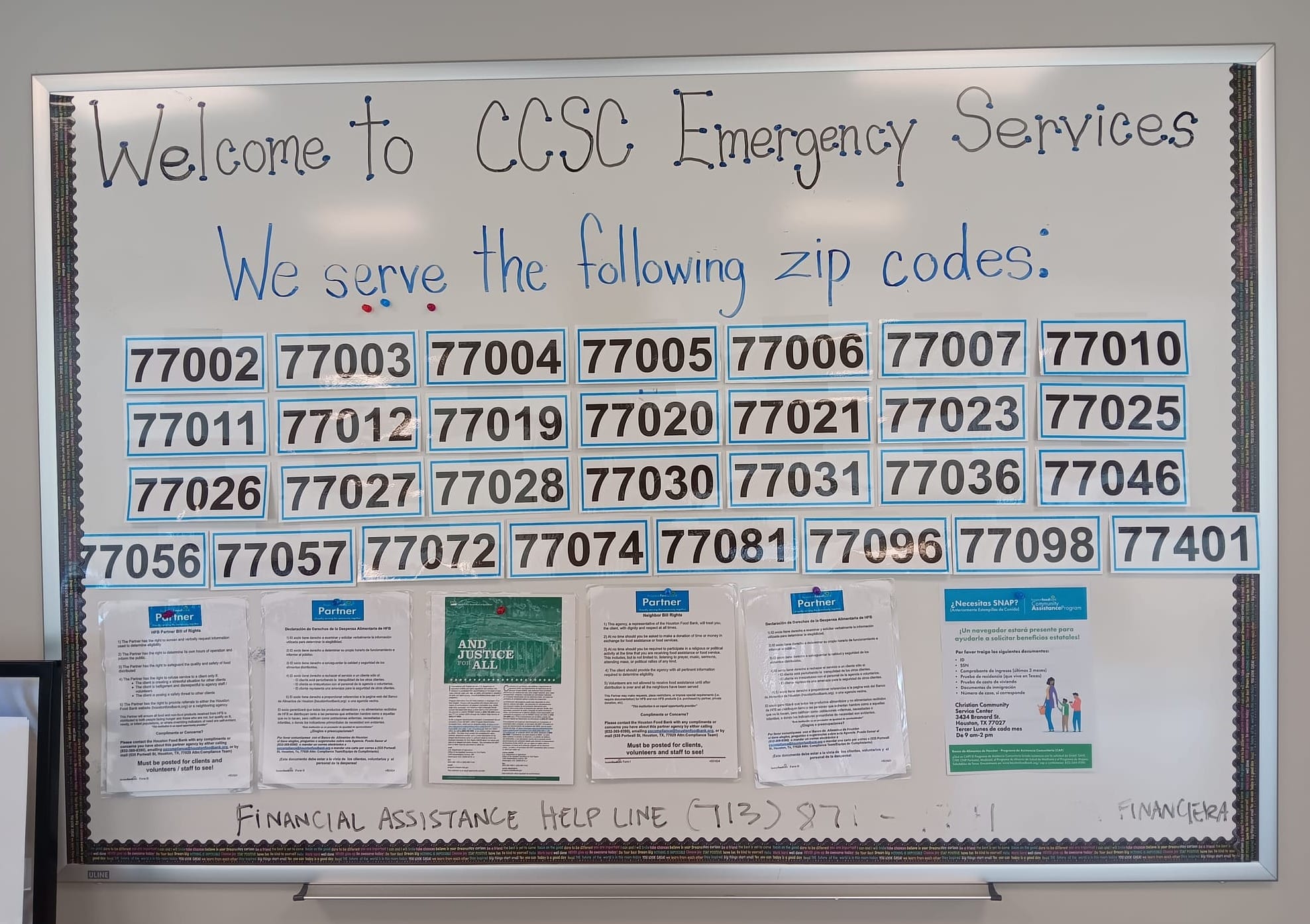
Clients do not just walk in, get handed free food, and leave. Each new client starts with an interview. A volunteer sits down with them, asks questions, and assesses their situation. Sometimes, they uncover additional issues, says Shonbeck—a man may arrive for food assistance, but the interviewer may learn that he also needs eyeglasses (which CCSC’s partners can provide with a voucher from CCSC).
From there, the interviewer will point the client toward the services that match their needs.
Food Pantry
CCSC has a food pantry at each Emergency Services location. They do not serve meals, but they give clients bags with five days’ worth of groceries based on the size of their family. Clients mark the items they want on a form, and then volunteers take it to the pantry and pack bags to match their needs. For example, “transient” (usually homeless) customers get low-hassle food like tuna, crackers, and KIND bars. Clients without a working microwave or stove will also get food they can use without cooking. All food packages include toilet paper and soap. Twice in six months, clients can also receive a hygiene kit that contains shampoo, toothpaste, toothbrushes, and deodorant.
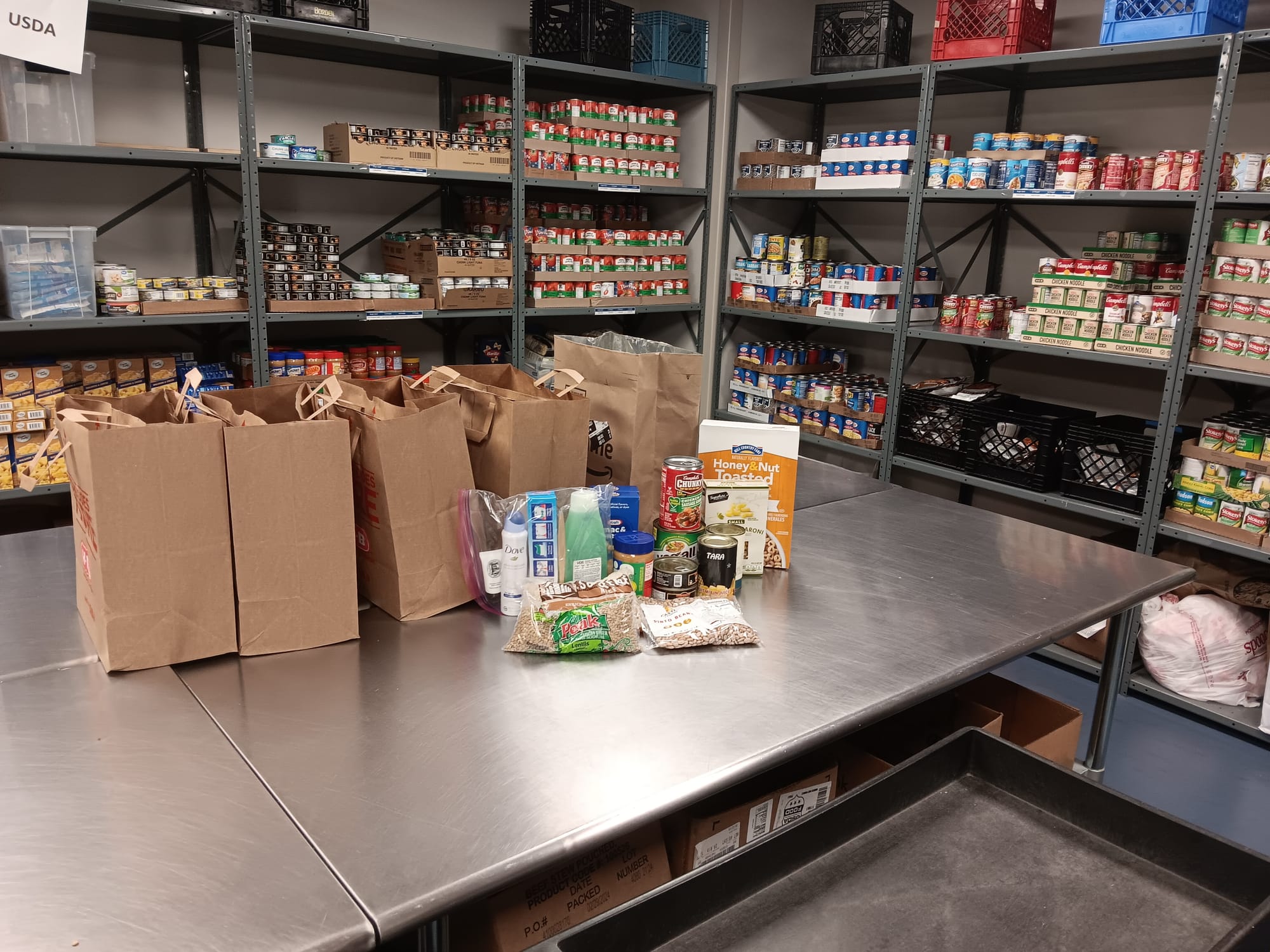
Each client household can get free food a maximum of six times every six months. A client could pack all six times into one week, or they could choose to spread their food pickups throughout the six-month period. It depends on what the client wants and needs. For example, said Shonbeck, a client's husband lost his job, then got another one, but wouldn’t get his first check in time to pay bills. That family took all their food at the beginning of the six-month period because they knew they wouldn’t need it later.
Why limit food pantry use? CCSC is not designed to become a long-term support for clients who can be independent. After six months, if a client wants to use the pantry again, they need to have another interview to demonstrate need. That way, CCSC can evaluate their situation, suggest steps they could take to improve it, and possibly approve them for another six months of help.
Clothing Pantry
Two times every six months, clients may access the clothing pantry, pick out clothing, and (if needed) receive diapers. Just like the food pantry, clients who want to continue receiving clothing or diapers after six months will get reassessed.
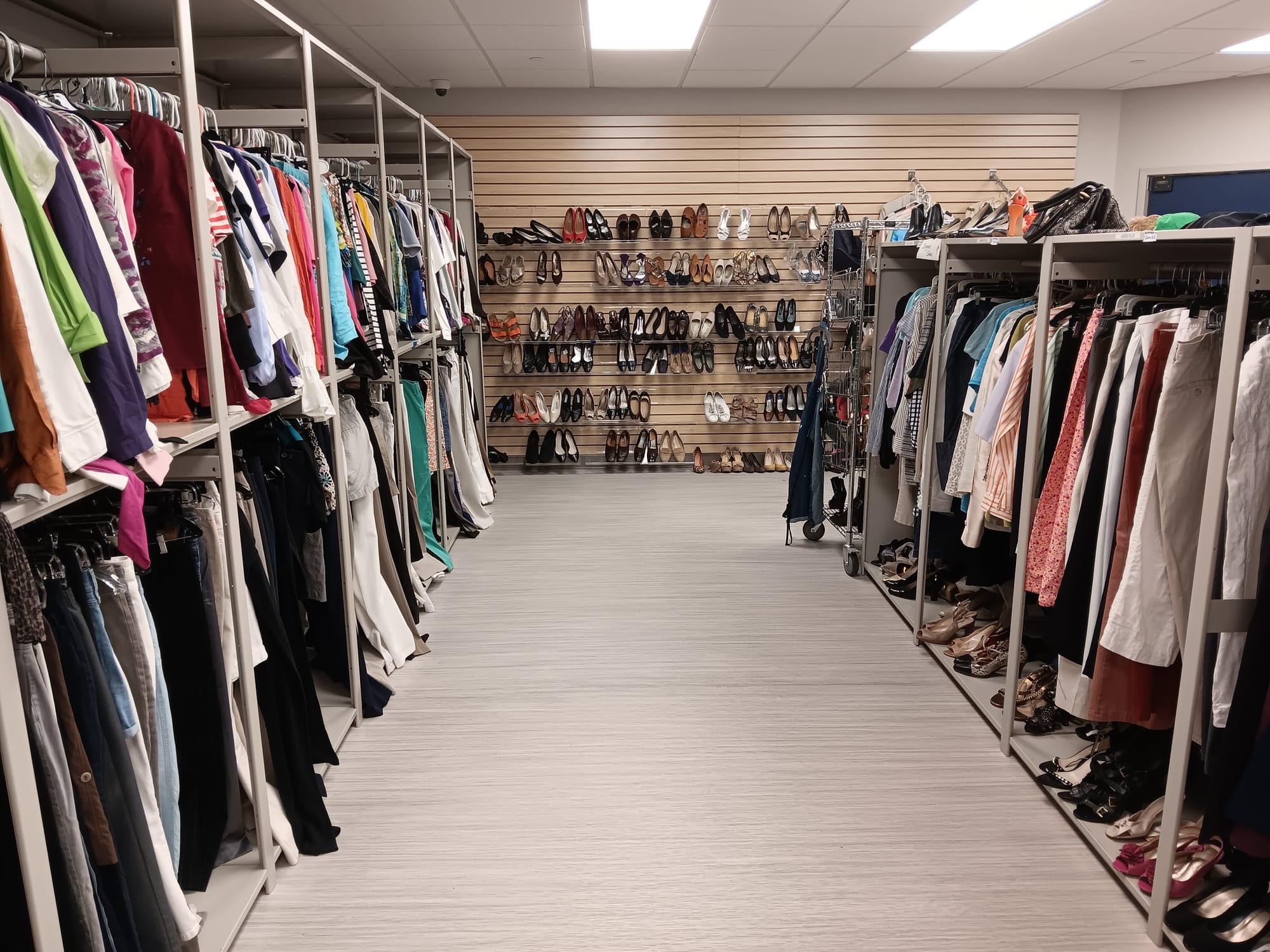
The clothing pantry—only available at the 3434 Branard location—is open from 10:00 AM to 2:00 PM, but people often come at 8:30 AM to make sure they get a spot since the clothing pantry can only serve a limited number of people each day.
Rent Assistance
CCSC is not a housing agency. It helps people who are struggling to pay their rent and are in danger of eviction. A client can use this service only once per year, and only three times in a lifetime. Again, CCSC’s goal is to help with a one-time crisis rather than become a long-term support. Prospective clients must have already received a late notice from their landlord and must have lived at that address for at least four months.
Both CCSC locations offer this service. Clients must make an appointment by calling 713-871-9741.
Food Fairs
Throughout the year, CCSC partners with the Houston Food Bank to hold food fairs in its Emergency Services-Southwest parking lots. According to CCSC’s numbers, 200-300 families line up to receive food at each food fair.
Workforce Development
JobNet
JobNet classes and coaching, part of CCSC’s Workforce Development Program, are only held at the main office at 3434 Branard St. Shonbeck said that CCSC is “not an employment agency”—instead, the program helps job seekers “up their skills and self- confidence.” For example, participants can build resume skills, including optimizing their resumes for the AI scanners that many companies now use to screen applicants. They can take computer classes—covering everything from using a mouse to using Excel pivot tables—on the twenty desktop computers in the computer lab. In workshops or career coaching, they can learn tips for job interview success.
Often, said Shonbeck, job seekers simply feel discouraged and lost, like one woman who was out of work for the first time in thirty years. “Job searching is a very vulnerable thing to do…you put yourself out there,” said Shonbeck.
That’s why CCSC seeks to boost clients’ confidence, she said: “Afterward, they will often say, ‘The difference is that how you made me feel about myself led me to be able to take in what you were saying and use it.'”
During open lab times, clients can also come to use the computers to work on their resumes or apply for jobs online. On April 29, a woman with black hair, a black jacket, and a black backpack was working on her resume at a desktop in a JobNet computer nook. During the height of COVID, when libraries were closed, CCSC’s computer lab remained open for job seekers who needed computer access for applications.
Martha’s Way
This branch of Workforce Development focuses on training participants to start and run their own professional residential housekeeping businesses. The free, 42-hour program aims to help participants boost their earning potential. According to CCSC’s 2023 Impact Report, 140 entrepreneurs participated that year, and 90% graduated.
Classes are held in Spanish at locations including Sharpstown Baptist Church, where a church member volunteers for CCSC to lead an optional “English as a Second Language for Housekeeping” class after the regular Martha’s Way instruction.
Professional Home Caregiver Training
This free program (50+ hours) trains people to be “nonmedical home caregivers for adults.” Classes (offered in English) teach technical and soft skills for caregiving, building relationships, marketing, using computers, running a business, and performing CPR. In 2023, 55 people participated, and 87% graduated.
Youth Services
Back To School, Jingle Bell Express, and the Louise J. Moran Vision Care Program
CCSC also has three Youth Services programs. According to the Impact Report, in 2023, the Back To School program gave 4,071 pre-K—12th grade students school supplies, backpacks, and a gift card for clothing.
The Jingle Bell Express program gave toys and books to 2,464 children for Christmas and gave their families a gift card for food.
The Louise J. Moran Vision Care Program screened the vision of 1,530 partner school children. Then 564 of those students received professional eye exams with the University of Houston’s Eye Institute, and 513 received new prescription eyeglasses.
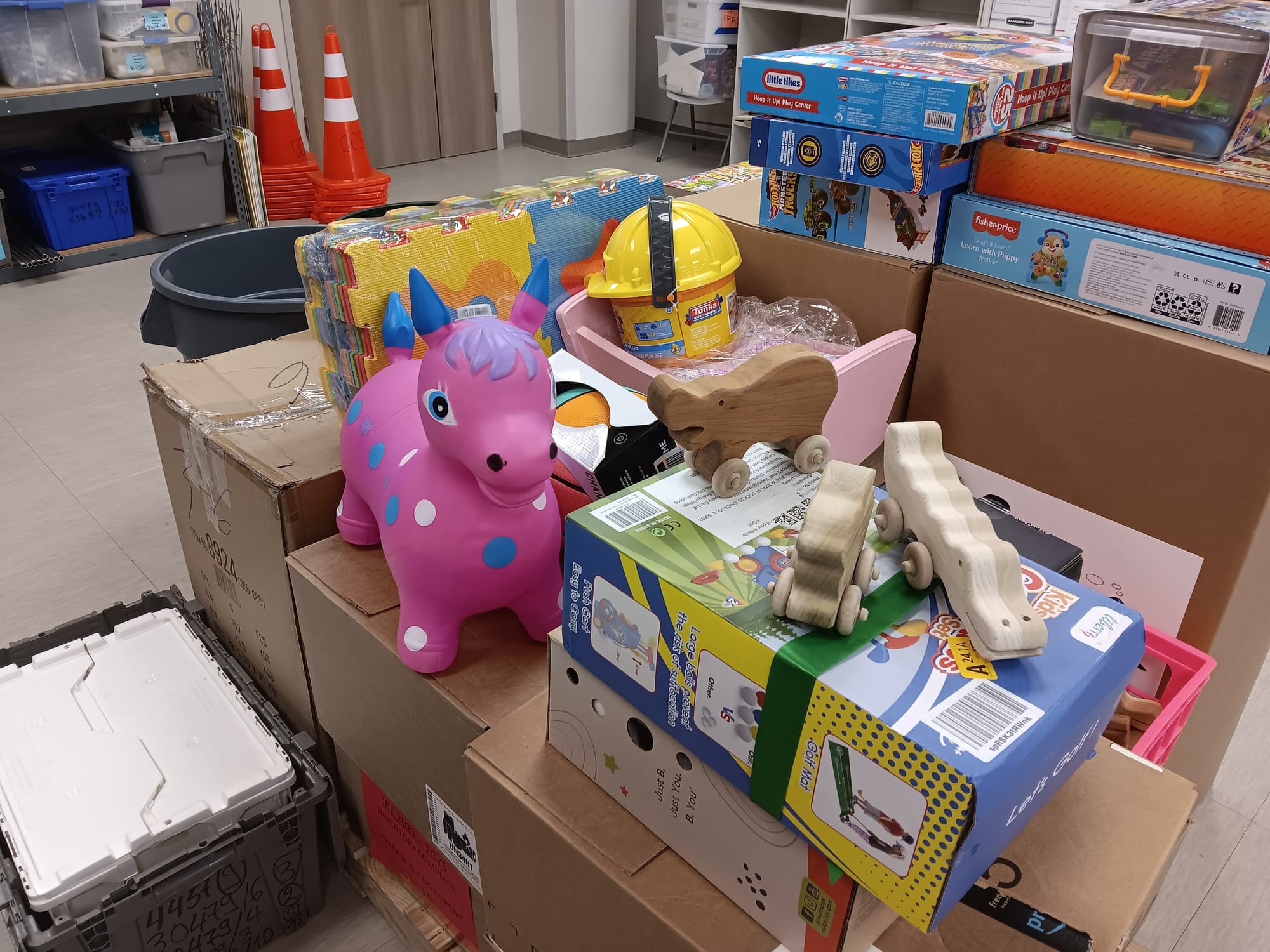
Behind the Scenes
The Garden
The Sharpstown location (Emergency Services-Southwest) hosts a volunteer-run garden that grows avocados, grapes, tomatoes, peppers, cantaloupes, onions, Crawford lettuce, chives, rosemary, aloe, eggplants, okra, root vegetables, and more. The garden maximizes space by growing most plants on trellises in raised and drip-irrigated beds of soil.
Volunteers pick fresh produce and send it to the food pantries, where it gets included in the grocery bags given to clients.
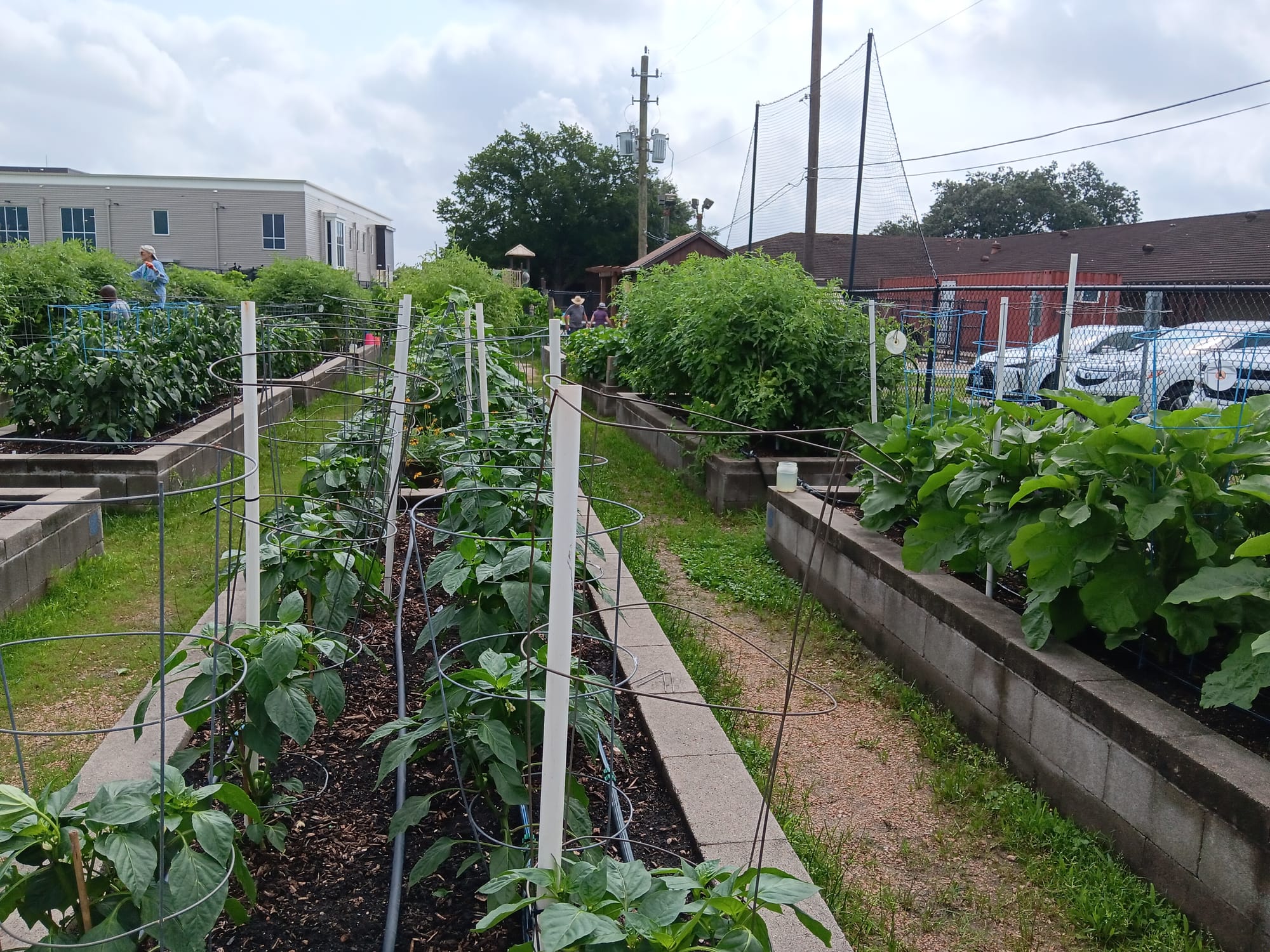
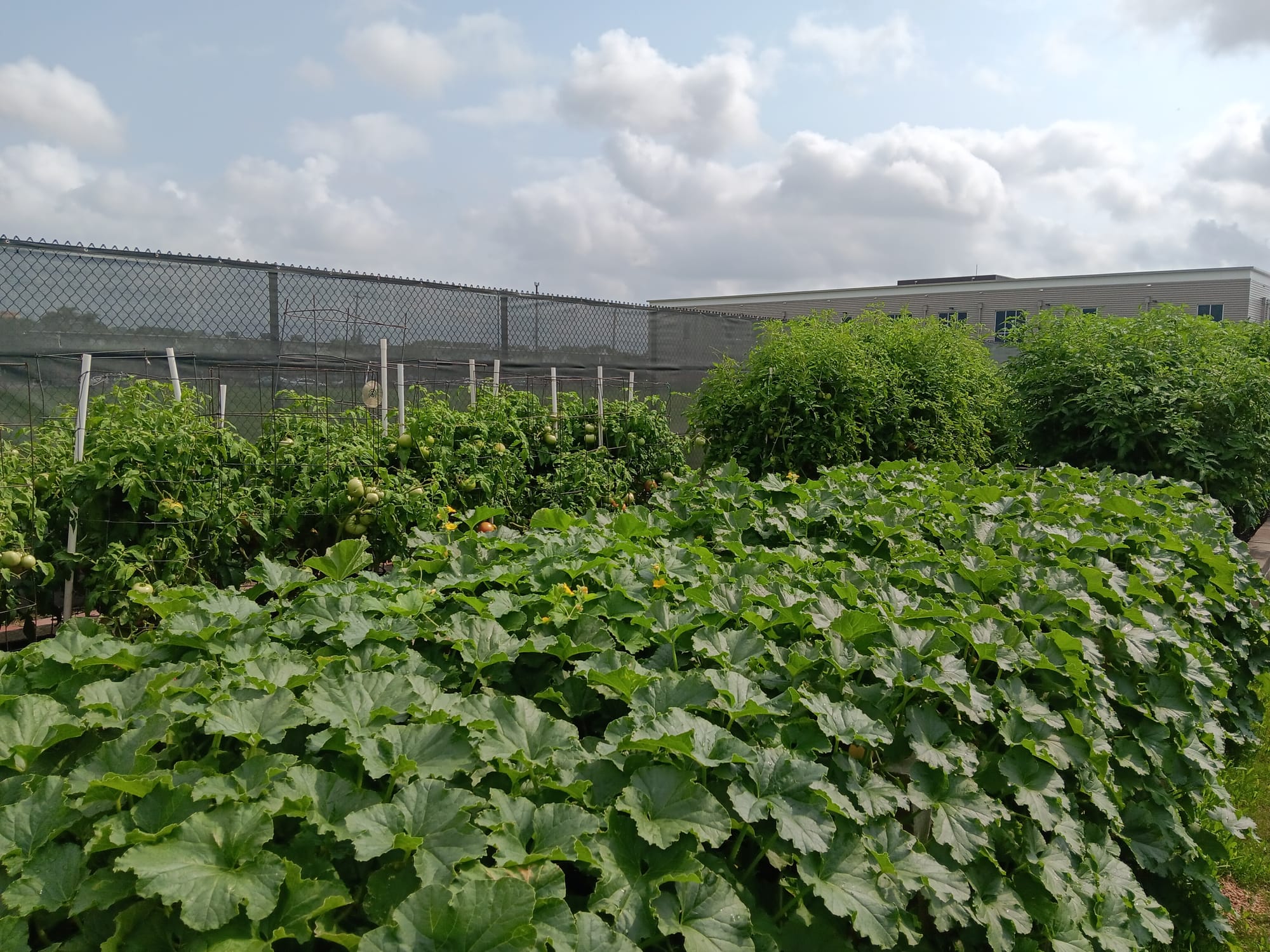
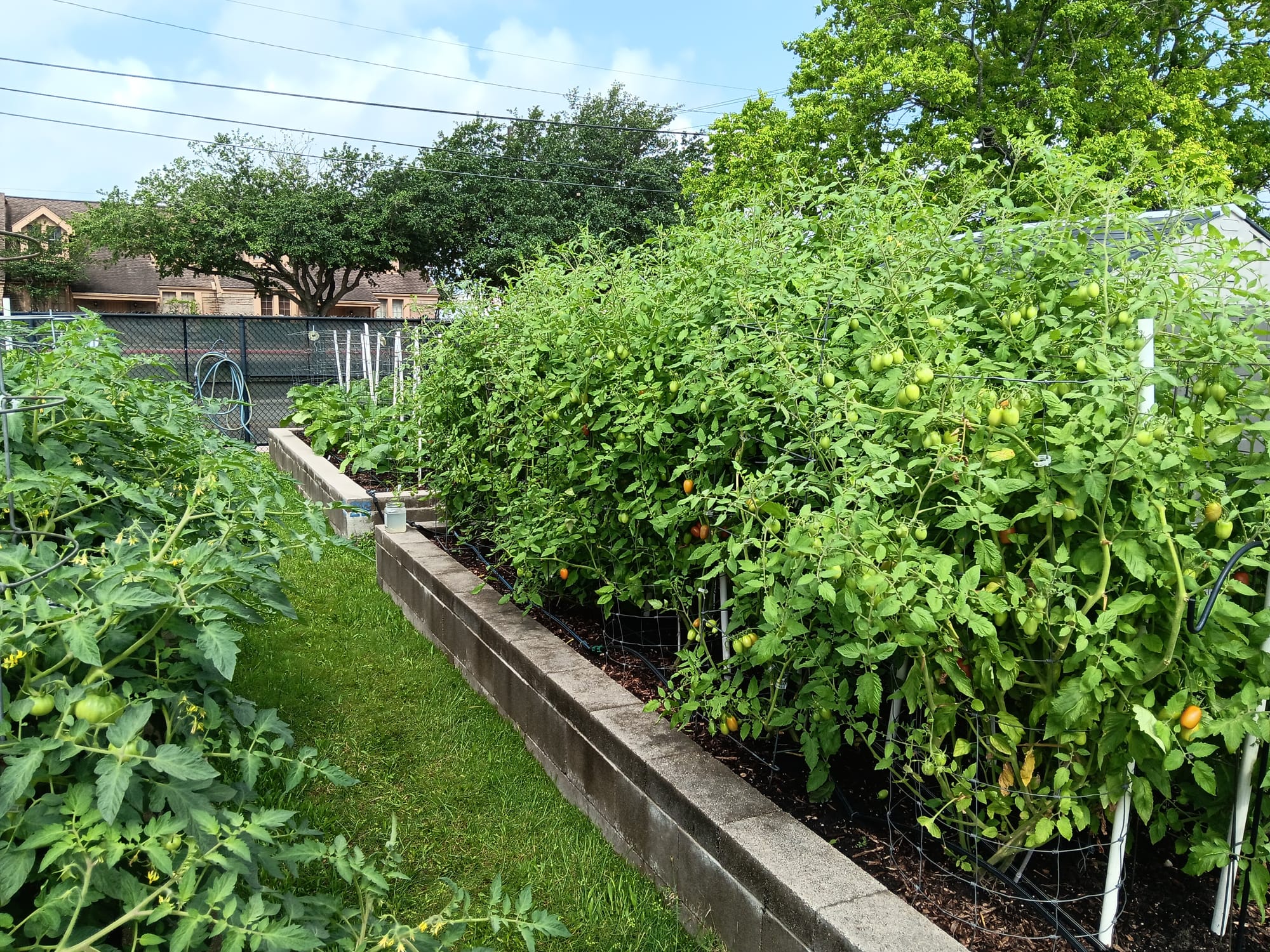
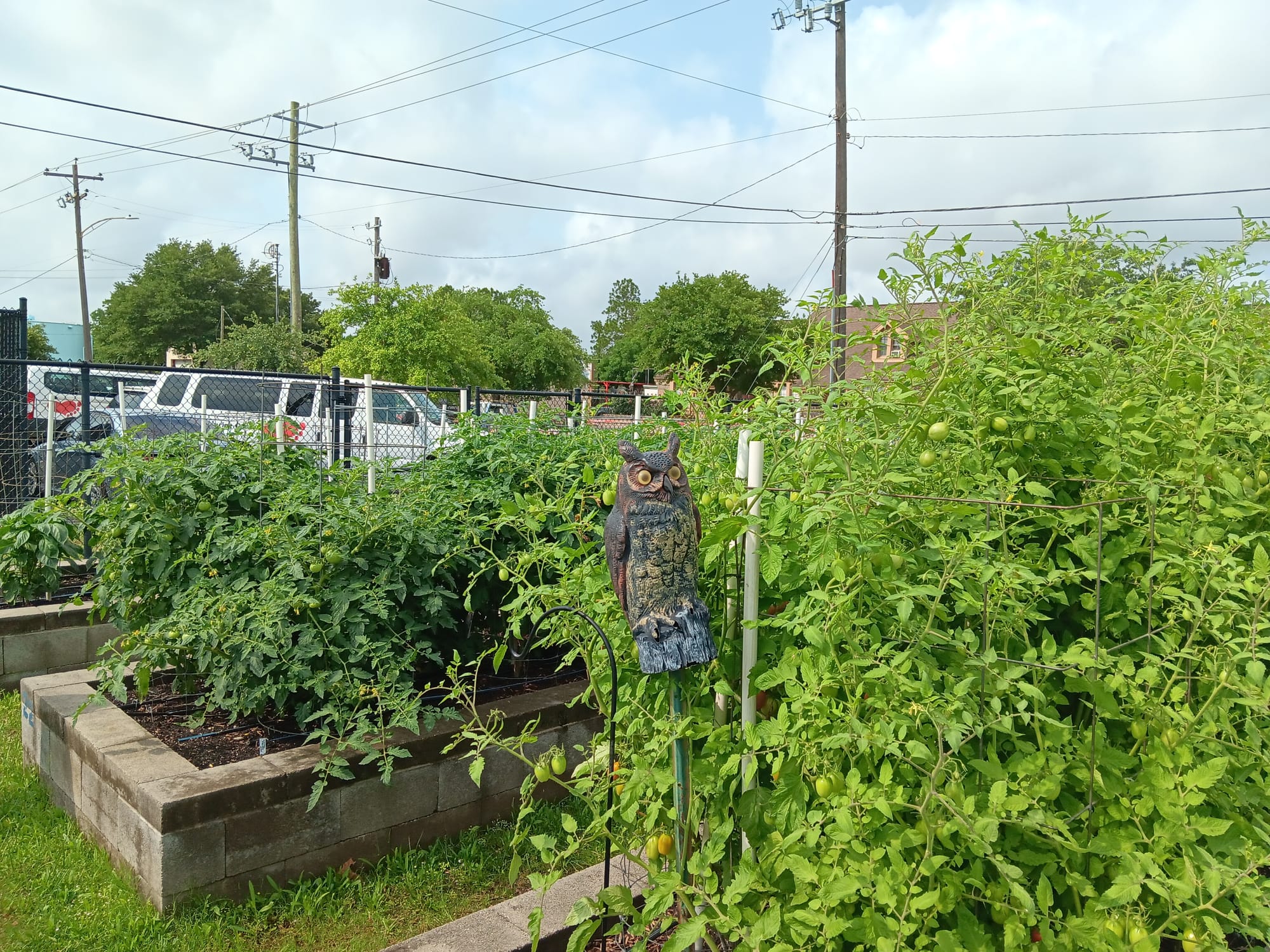
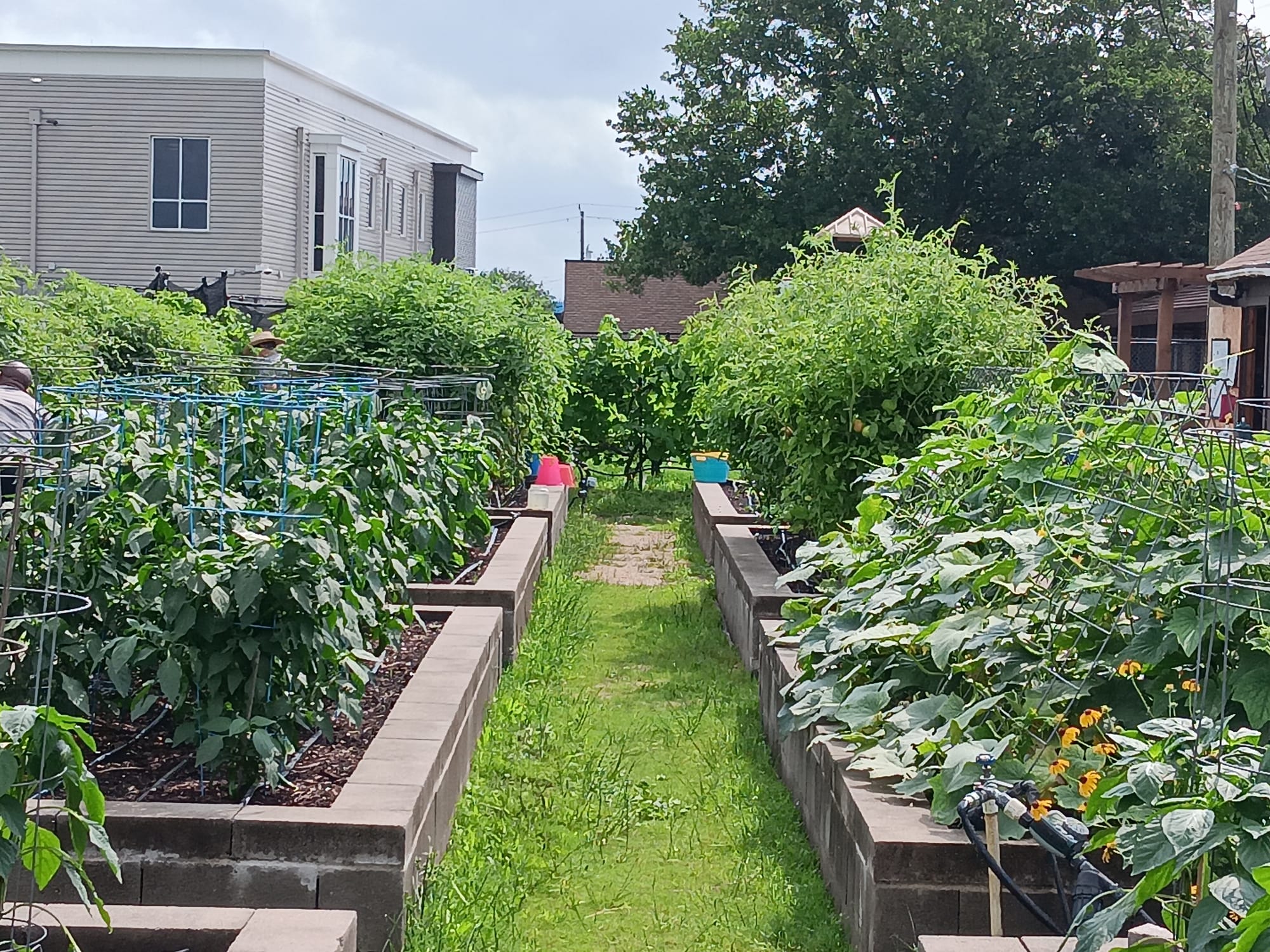
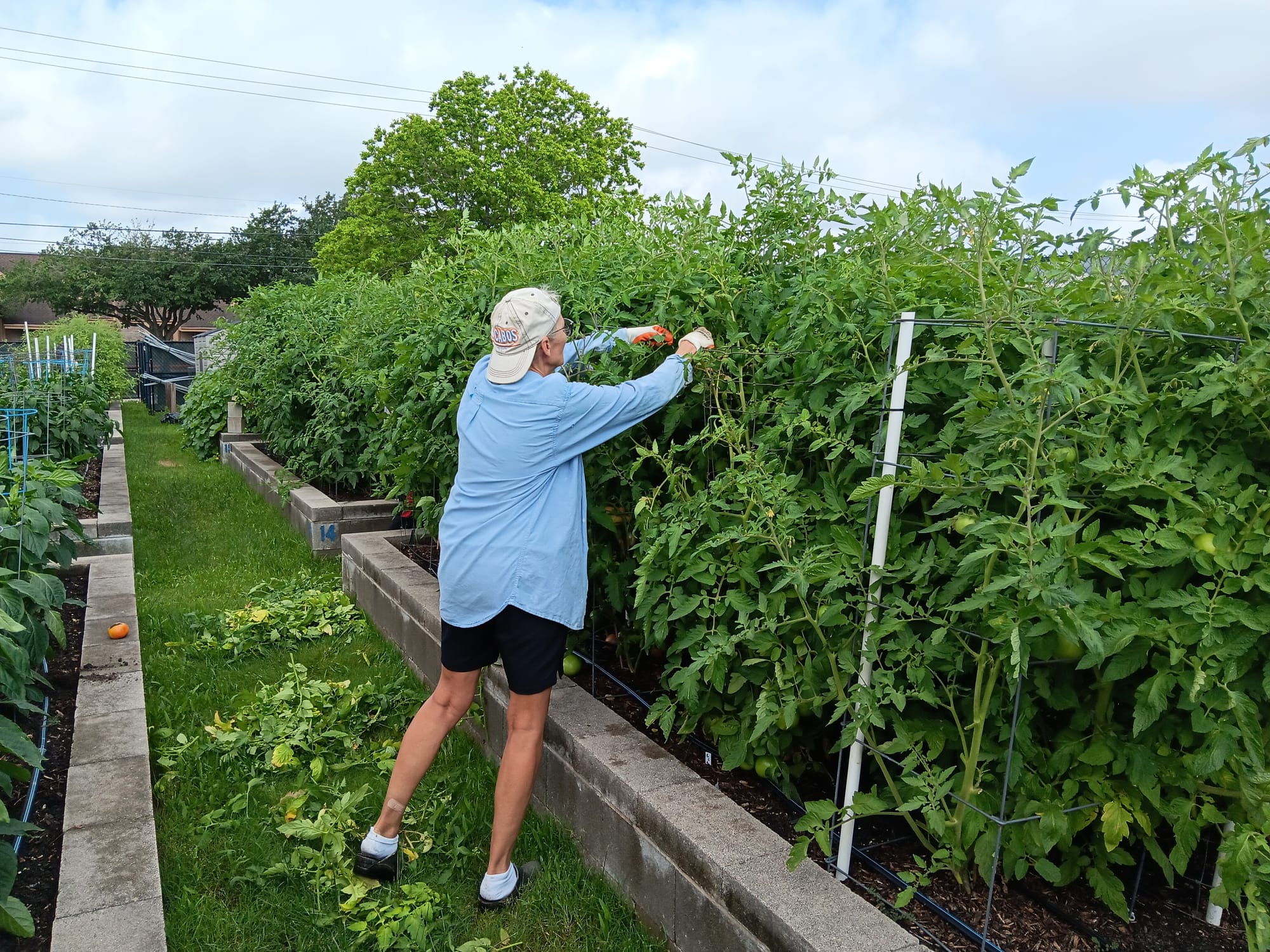
Built on Volunteers and 40 Churches
Alan Mason, a natural storyteller, ducked out of the Southwest food pantry on May 6 long enough to recount the tale of getting drenched on his bike ride the previous Thursday. Instead of biking home from a nearby clinic in the downpour, he had stopped at CCSC and volunteered an extra day. The English-born Sharpstown resident said he’s been volunteering for about two years after learning about CCSC through St. Luke’s Gethsemane, where he attends church.
St. Luke’s United Methodist is one of forty Houston-area churches that partner with CCSC as part of its church coalition. Coalition churches refer clients, donate funds, and encourage their members to volunteer.
Mason is one of an army. In 2023, 1,681 people volunteered at CCSC—413 of them on a weekly or monthly basis—according to the nonprofit’s Impact Report.
Mason says he comes in every Monday, Tuesday, and Friday because “There are a lot of people desperate for what we have.” After surviving cancer—he was only given three months to live—he wanted to “do something to pay back.” Nineteen years later, he’s packing bags in the food pantry. “It’s a labor of love,” he said. He also enjoys trading jokes and colorful stories with his fellow volunteers.
On April 29, long-time volunteer Frank Gonzalez was unloading clothing from the back of his pickup truck into a black roller bin at CCSC’s Central location. After he retired, nearly twenty-five years ago, he was “just sitting home bored, looking at the TV.” His church, St. Vincent de Paul Catholic, was part of the coalition, so he knew about CCSC. When he called the nonprofit, “They put me to work the next day.” He used to translate for Back To School events, and he still visits to bring donations.
In the Southwest location’s garden, Don Baronitis plucked parsley from a raised bed. He sported a light green shirt with a cartoon fisherman.
Baronitis started volunteering at CCSC “before my 29-year-old daughter was born,” but he’s been serving in the garden since 2018—now on a weekly basis. He says he’s grown from working alongside master gardener Elizabeth Castro: “I like gardening, and I’ve learned a lot.”
He and other volunteers build trellises, thin tomato branches for airflow, watch for pests, feed plants with fish emulsion (“No Miracle-Gro,” said Baronitis), and more. “We harvest all year round,” he added.
Other volunteers chatted with him as they bustled around the garden: Anita Bettis, her gardening scissors snipping plants; John James, cowboy hat perched above his horseshoe moustache; and Mwende John Kamengele, large work gloves guarding his hands.
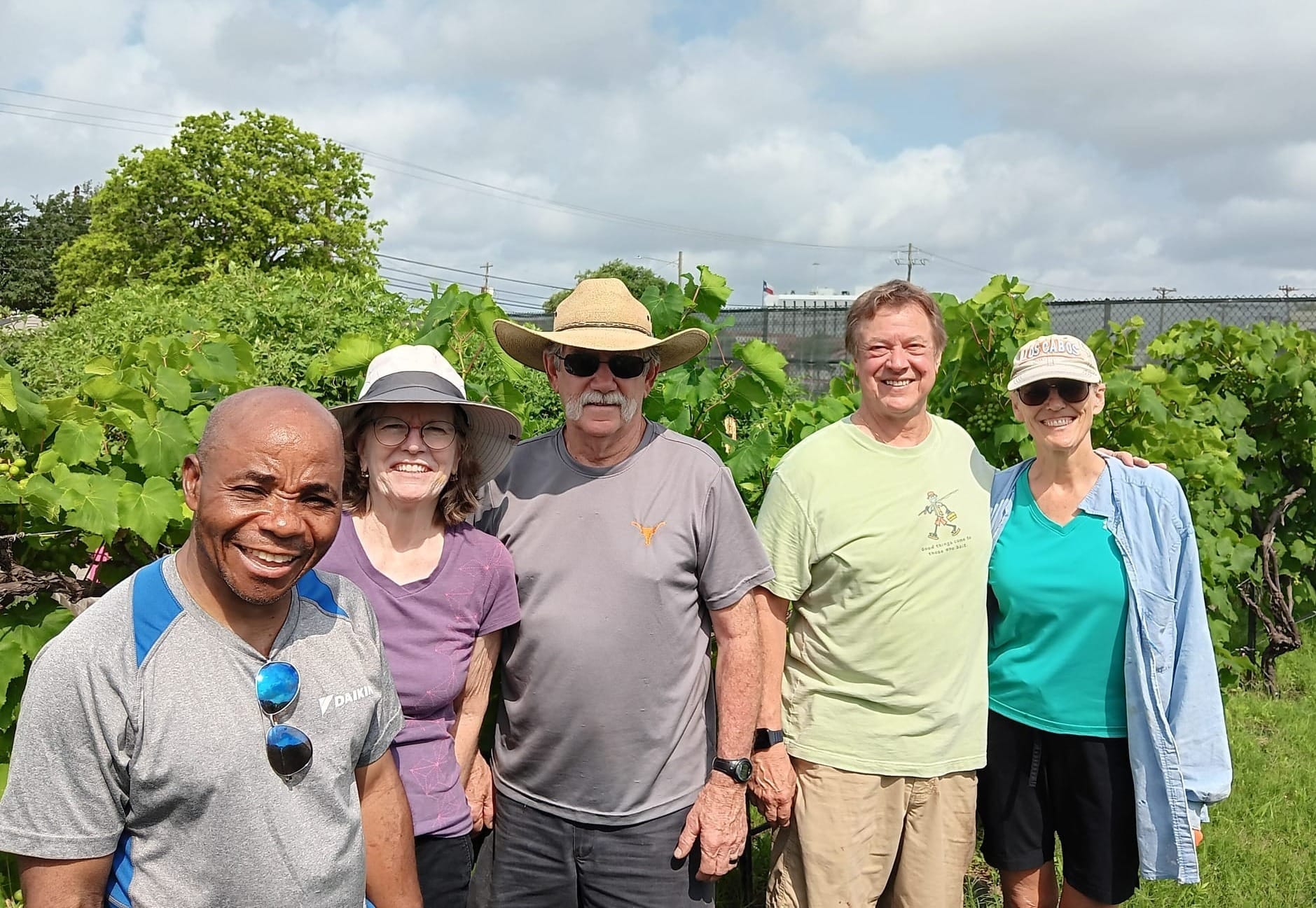
Inside, Kathy Shearer took a break from packing grocery bags to sit down on the low stage in the wide, open room where staff and volunteers interview Emergency Services-Southwest clients.
A member of St. Luke’s Methodist, Shearer had “always heard about CCSC” and wanted to do something food-related. “I couldn’t stand the thought of somebody going hungry.”
Eventually, she started volunteering for CCSC. “When you’re retired and you have time on your hands, you need to do something with it that’s not just toward yourself.”
Why People Come
Shearer started volunteering just before Harvey. Back then, “fourteen people would be a busy day.” The number of people needing help spiked after Harvey, then returned to normal. It spiked again during COVID, so CCSC revised the normal interview process, letting clients just fill out a form and pick up contactless food donations as often as needed.
Things went back to normal again, she said—until inflation drove rent and grocery prices up. Now, Shearer said, at least twenty clients come every day, there is usually a line in the mornings, and sometimes volunteers have to turn people away. She has also seen an increase in the number of clients from Latin America and the Middle East who have been in the U.S. for less than a few months.
Lately, Shearer has heard more clients saying, “I can’t find a job” or “I lost my job.” Others are elderly, trying to live on a pension or Social Security.
CCSC shared the story of a client named Lorna, mother of two children. Lorna and her husband “both lost their jobs within a few months of each other and, after going through their savings, they were unable to make their rent.” After help from the nonprofit, “Lorna and her husband are both back at work now and living on their wages,” according to CCSC.
A Community Resource
Is Tyla Redding’s situation better now? She visited Emergency Services-Southwest in May 2024. Over the ensuing months, she never responded to multiple requests from The Sharpener for a follow-up interview about her visit. For now, her story ends with a question mark.
But for Sharpstown residents in a situation like Redding’s or Lorna’s—or another financial emergency—CCSC is a local resource worth visiting.
Have you been to CCSC? Share your story in the comments below.
Anyone interested in volunteering at CCSC can fill out an interest form at https://ccschouston.org/get-involved/volunteer/. Bilingual interviewers are in especially high demand.
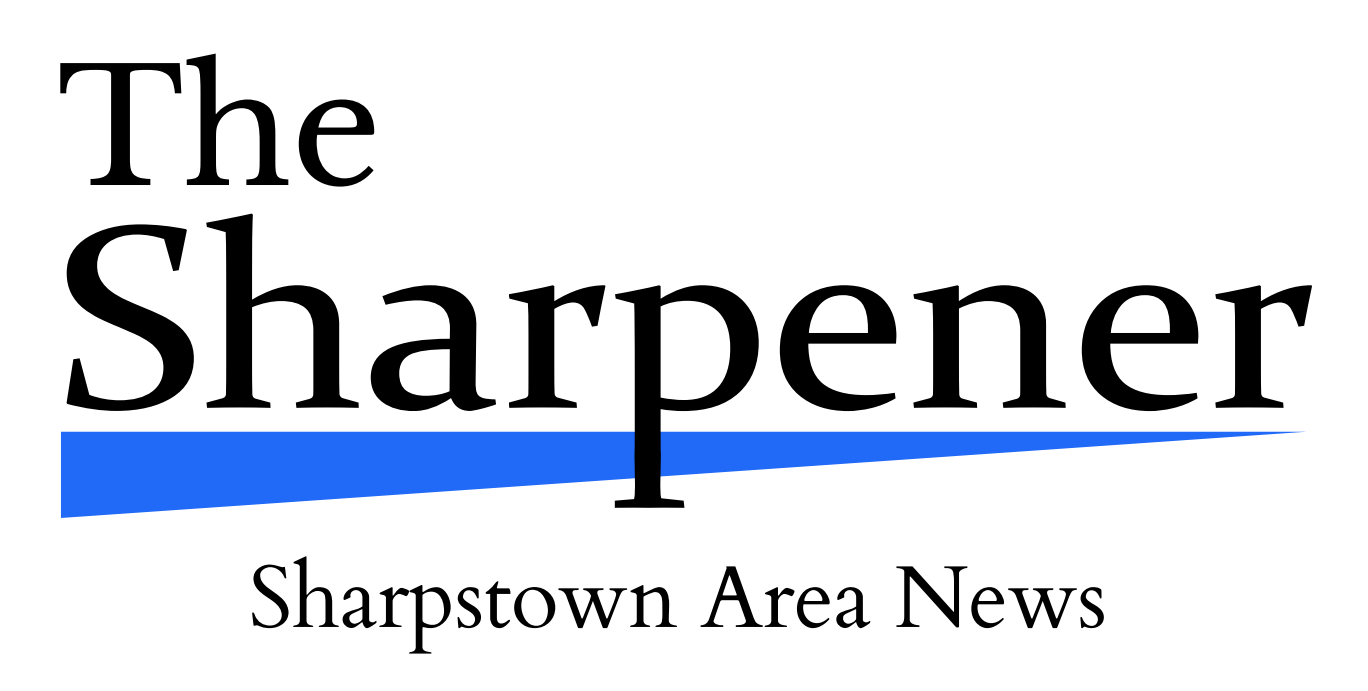
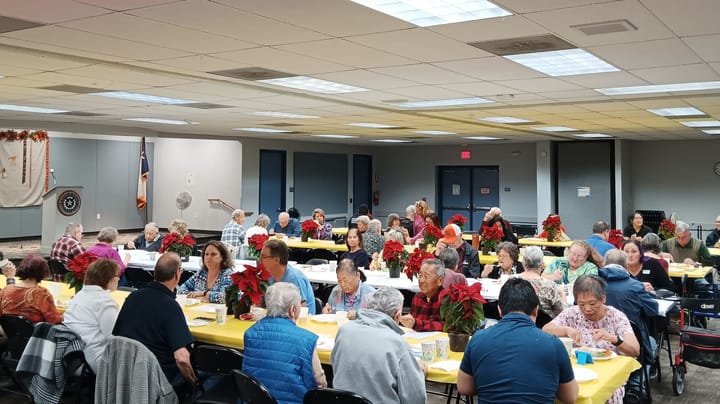
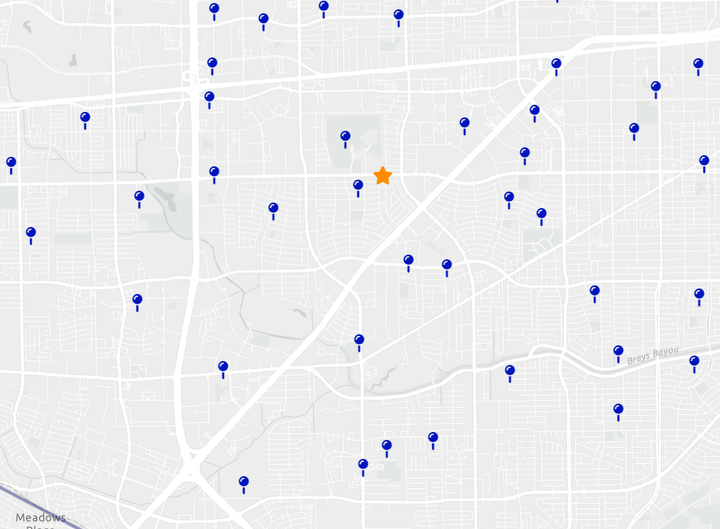
Comments ()